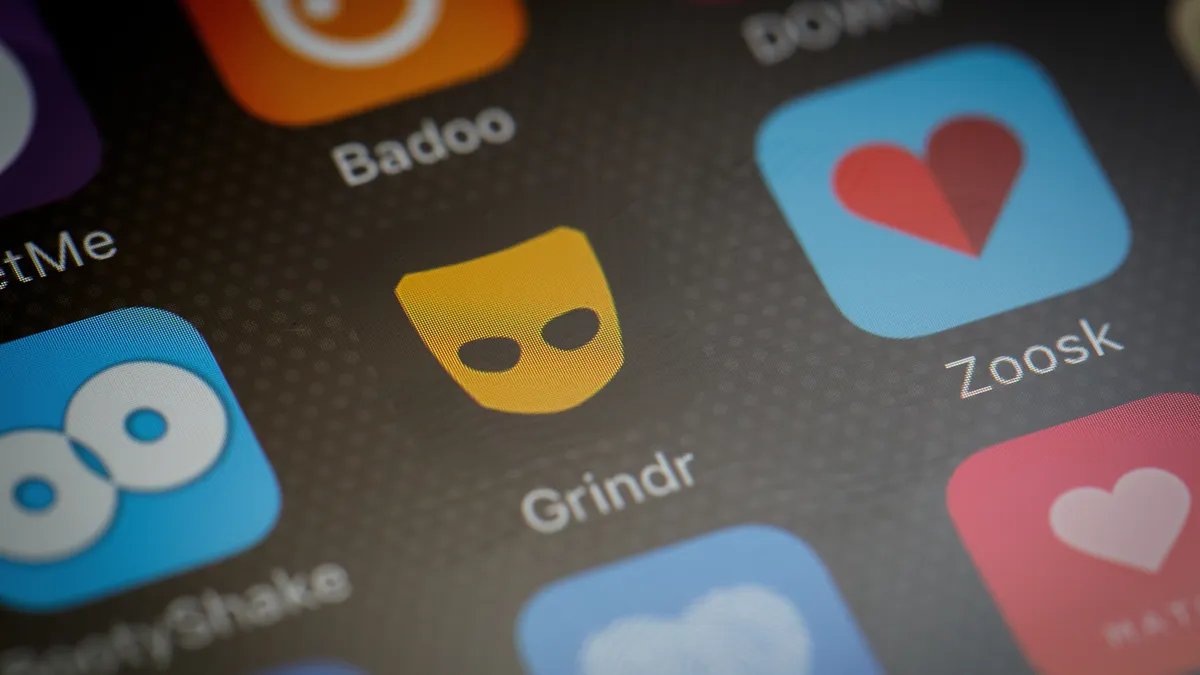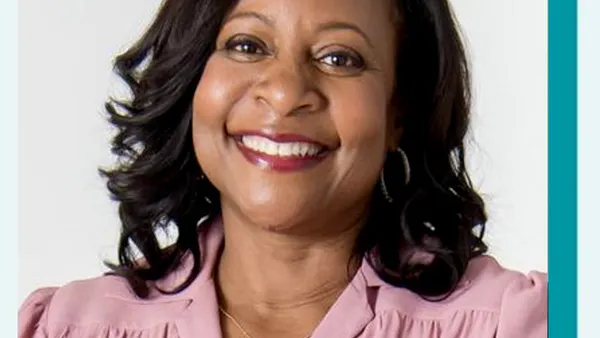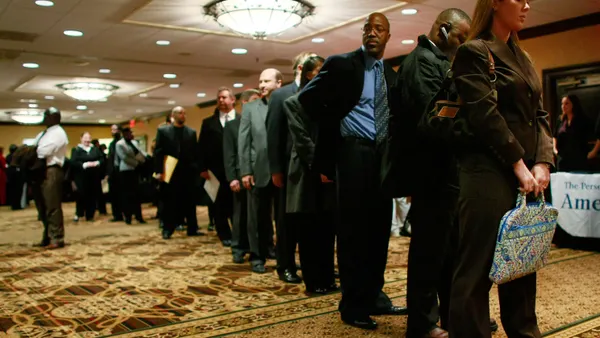After losing nearly half of its employees following a return-to-office mandate, LGBTQ+ dating app Grindr will be judicious in its hiring efforts, targeting workers with more experience who are “the right fit for our goals,” CFO Vanna Krantz said at Raymond James TMT & Consumer Conference on Monday.
Krantz, who was previously CFO of Disney Streaming Services, joined the company in September 2022, less than two months before it went public. The headcount at the time was around 200, in contrast to the third quarter employee count of 111, she said.
In August, West Hollywood, California-based Grindr told employees to report to designated offices two days a week or leave the company, The New York Times reported. It offered a relocation allowance for employees who complied, and those who chose not to commit to partial in-office work were offered severance pay. The return-to-office plans were announced two weeks after employees put in place plans to unionize.
Approximately 80 of Grindr’s 178 employees left the company by September, according to the Communications Workers of America, the union representing Grindr employees. The union filed an unfair labor practice charge against the company with the National Labor Relations Board.
The staffing upheaval also hit the company’s bottom line: Grindr racked up $6.7 million severance expenses in the third quarter, bringing total year-to-date severance costs to $8.07 million. At the same time, the company also reported a narrower third-quarter net loss of $0.4 million, compared to $4.7 million in the year-earlier period.
Krantz said Grindr plans to increase its headcount, but did not offer a specific target. Grindr doesn’t expect to see a change in margins due to the lower headcount, because of its use of consultants and service providers, she noted.
“What's probably going to happen in 2024 is, we have certainly a large group of consultants and outside service providers, they will swap out with [full time employees],” Krantz said. “We now believe that our FTEs should be more experienced than potentially the footprint of the staff that we had before,” noting that salaries will go up.
The company is encouraged by a better hiring environment, and the firm’s newfound public status is an asset in attracting prospective employees, she said.
“It might take us a few quarters, but you should see our headcount kind of come back … close to where we started, maybe not quite all the way down,” she said.
Grindr offers users free and tiered subscription plans. The app in the third quarter had 962,000 average paying users, up 18% year over year with 13.5 million monthly active users. With monthly average users increasing 8% year over year, the company, “there's a lot more opportunity for us to convert our non paying users into paying users," said Krantz.
Krantz said the company is “really early” in its monetization, with 7.1% paying user penetration.
Over time, Grindr plans to diversify its business model beyond the flagship dating app.
“Our longer term vision is the gayborhood in your pocket from a digital perspective, and so that means that we will branch out into more than just what I would call the core dating app into maybe a travel vector, maybe a health factor, maybe a fashion vector,” with more opportunities to gain advertising revenue, Krantz said.
Krantz’s presentation comes a week after the company announced it would cut $17 million in interest expenses next year by refinancing a private loan through a new $350 million credit facility.












